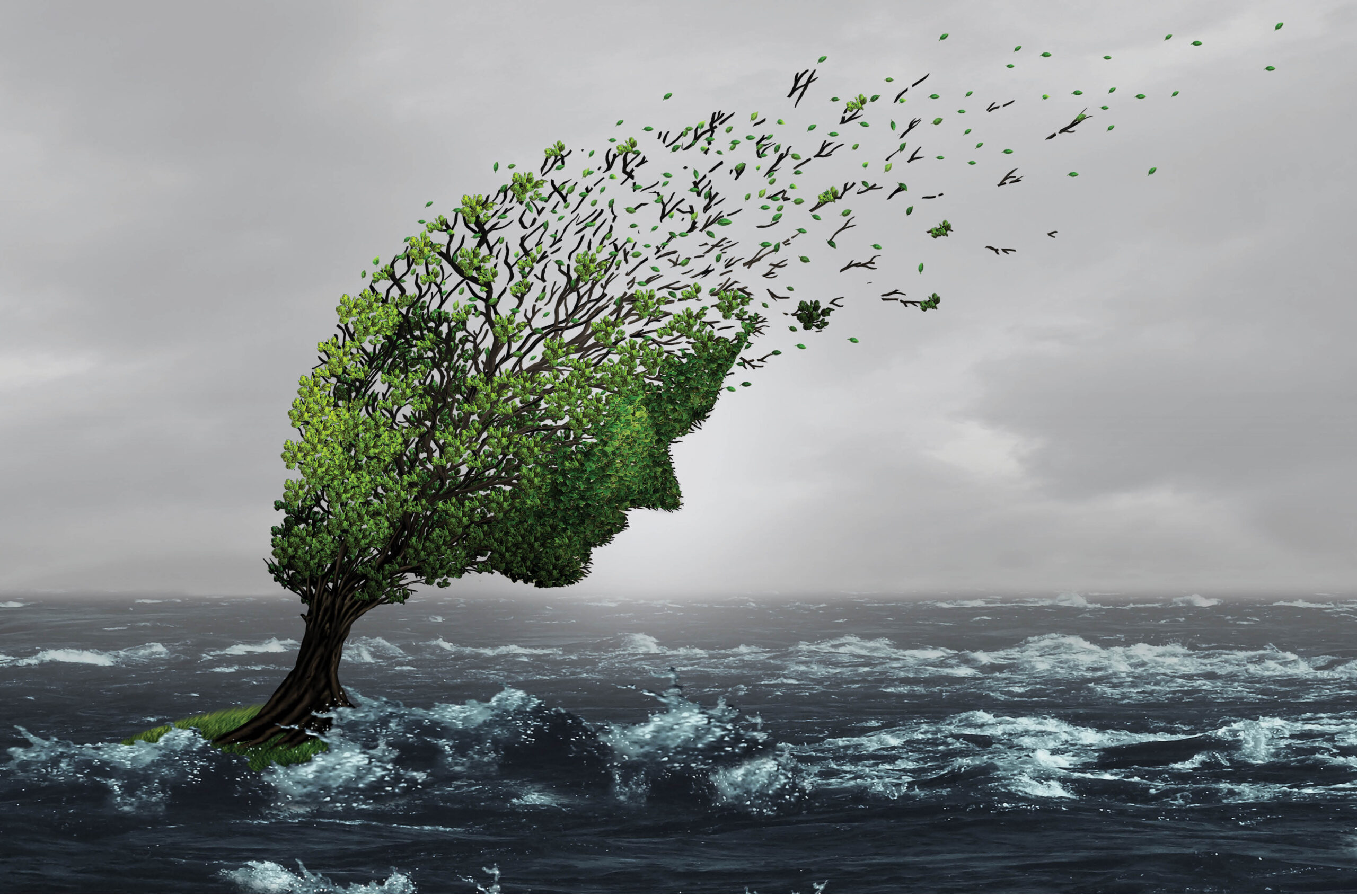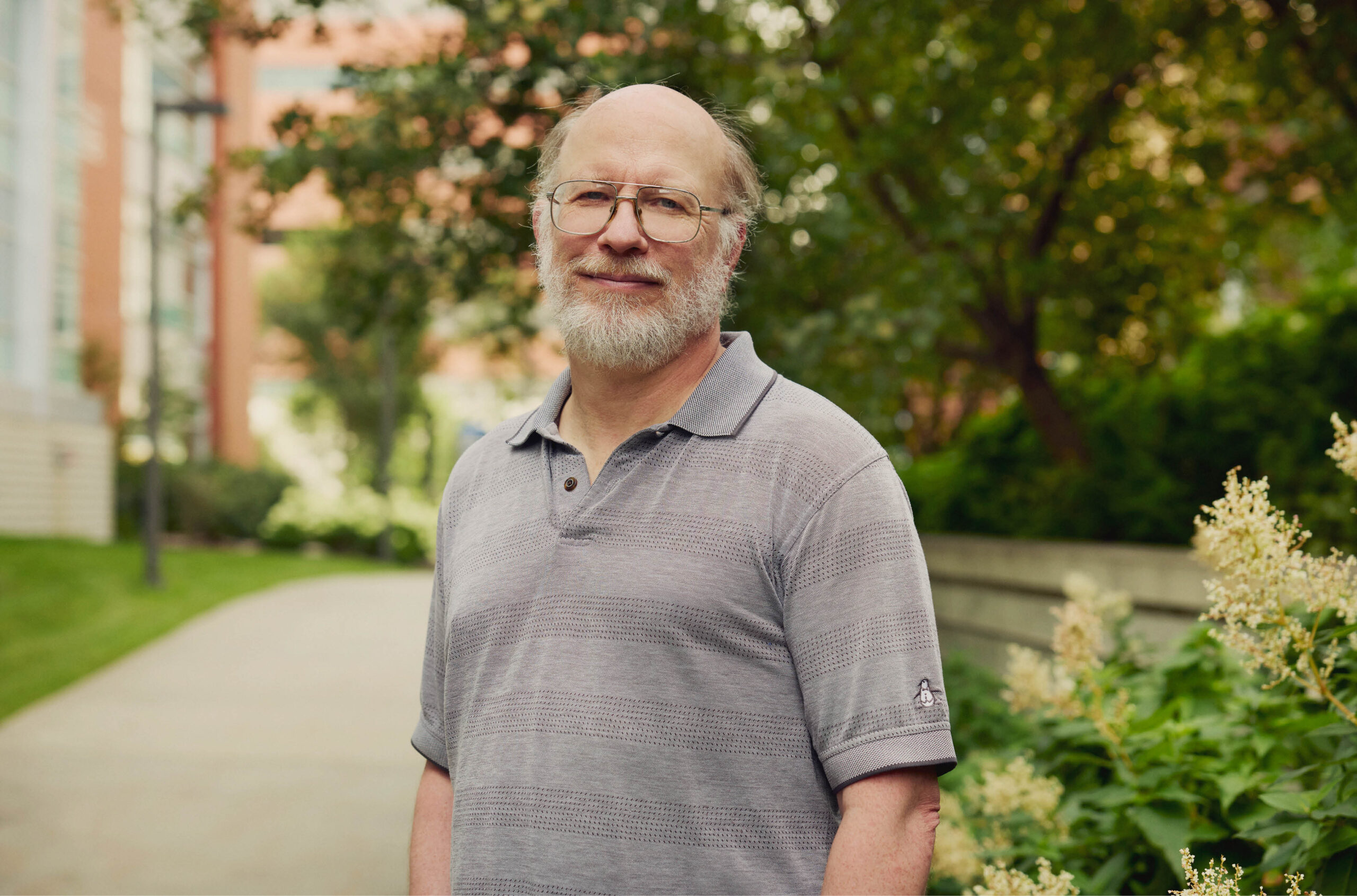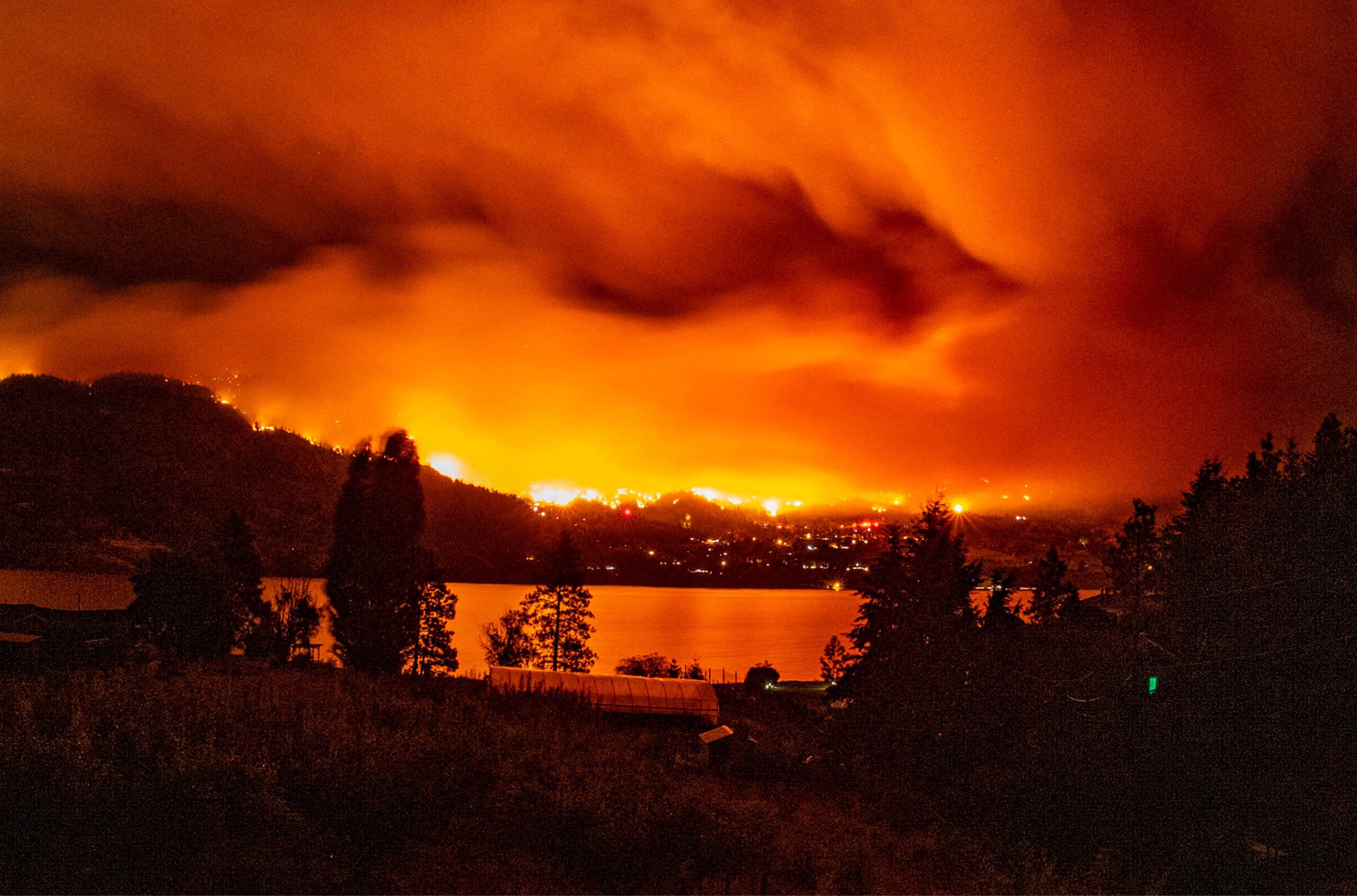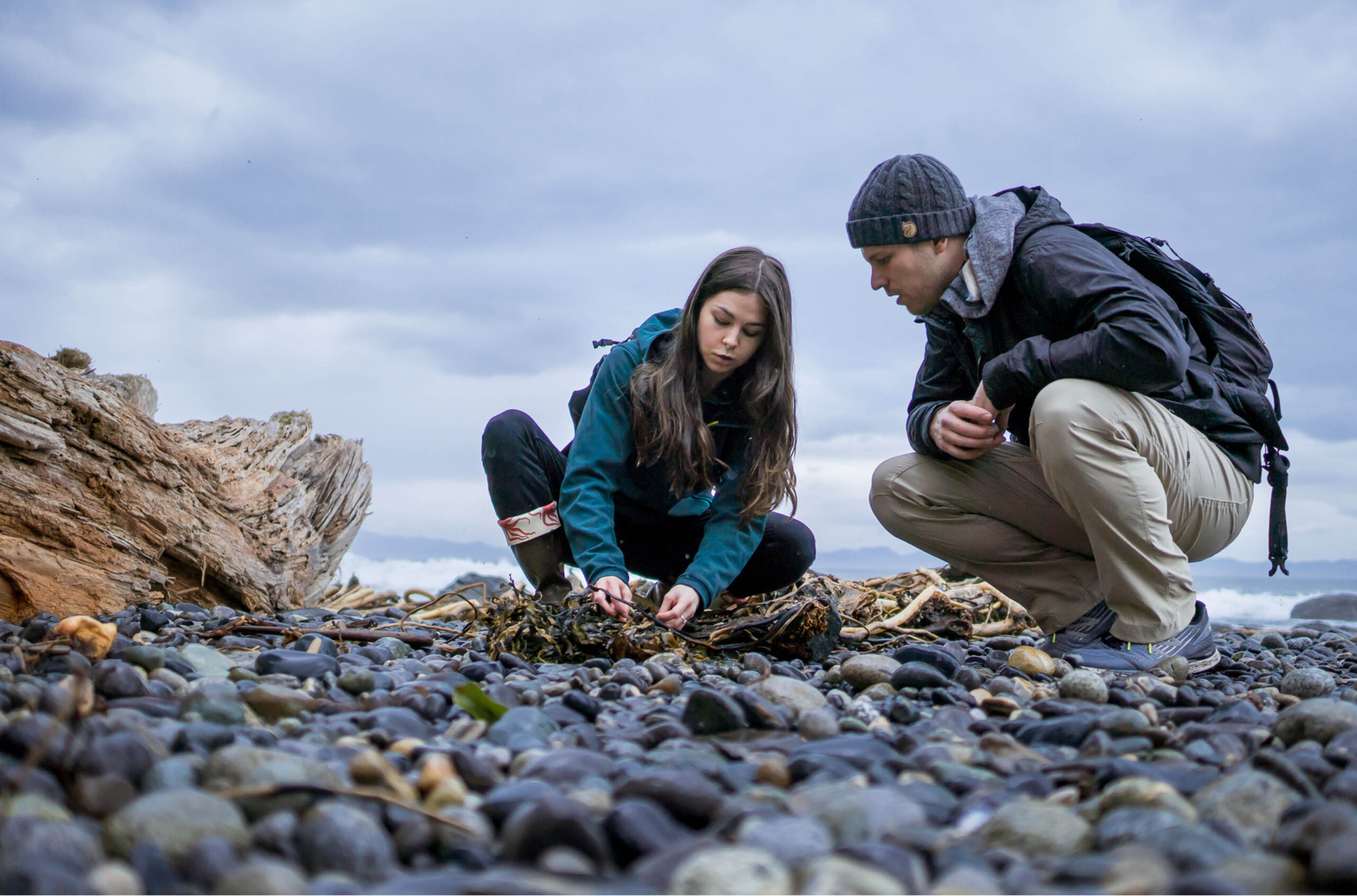How the climate crisis makes students feel
Three students talk ecological grief.

For most university students, being away from home can be stressful, but for Emilie Broomfield, this stress is heightened.
Ms. Broomfield, 23, is from Postville, located on the Inuit land claim territories of Nunatsiavut in Newfoundland and Labrador. Now living in St. John’s, she graduated from Memorial University this spring with a Bachelor of Science degree in Psychology.
She said she often worries about the daily realities of the climate crisis at home, including the decreasing fish supply and difficulty hunting due to melting sea ice.
“Knowing that my family’s out on the ice, I know it’s getting worse and worse every year [and] there’s a lot more people who are falling through the ice,” she said.
Minh Chau Nguyen, an international student from Hanoi, Vietnam, studying for her Ph.D. at the University of Waterloo, also experiences climate anxiety while far from home.
Ms. Broomfield and Ms. Nguyen, 24, are not alone in these feelings. In 2023, research published by Lakehead University found that 78 per cent of young Canadians between ages 16 and 25 reported climate change impacting their overall mental health.
Ms. Nguyen, a student of climate risk management using actuarial science, said she first became aware of the climate crisis while attending high school in Hanoi.
“There was one year that we almost had no winter. It hit me that, well, I did grow up having proper winter that is very different from the summer,” she said.
For Nyhenflore Delva, 25, gaining awareness of the climate crisis came much earlier. She spent her early years living in Fort Lauderdale, Florida, before moving to Scarborough, Toronto, at age 8. During her time in Florida, hurricanes Katrina and Wilma hit the state. From a young age, these experiences made Ms. Delya “aware of how small we are in the face of how earth and its patterns can change.”
Now, Ms. Delva is pursuing a Master’s in Electrochem at UWaterloo, researching harmful wastewater contaminants. Ms. Delva views her research in sustainable chemistry as a means to impact industry and policy but worries change isn’t happening fast enough.
“I’ve got a lot of anxieties, but climate change is definitely one of the top ones,” she said. “It’s an issue that requires long-term problem-solving and very focused solutions, but because it’s such an abstract concept to so many people, by the time these issues become concrete, it’s too late to really do much about them.”
The accelerating rate of climate change is making Emilie Broomfield think twice about her future. Watching her younger brother miss out on the outdoor activities she once enjoyed at his age — because of the changing environment — has made her uncertain about having children of her own.
“They’re not going to get to experience my home the same way I experienced it,” she said. “What kind of world am I bringing them into? My home is so important to me and is such a pivotal part of my childhood and who I am today.”
Her concerns are compounded by frustration toward older generations.
“You’ve already had your children, but this is affecting whether or not I’ll have my own.”
The resistance to climate action from older people weighs heavily on her.
“When we try to do something about it or when we try to have those conversations, it seems to be brushed off as us being too woke or too dramatic or too whatever,” she said.
Ms. Broomfield is applying to graduate schools for fall 2025 and hopes to work in direct collaboration with Indigenous communities through her research. She urges higher education to prioritize Indigenous perspectives in all discussions about climate change.
“[To settlers] it may seem like, oh yeah, you can’t go hunting, or you can’t go fishing, or something like that, but it’s such a deeper connection… The most I feel like myself and feel connected to my family and to who I am, and my Indigeneity [is on the land],” she said.
Featured Jobs
- Education - Indigenous Lecturer or Assistant Professor, 2-year term (Teacher Education)Western University
- Director and Stauffer-Dunning Chair, School of Policy Studies - Associate or Full ProfessorQueen's University
- Law - Assistant or Associate Professor (International Economic Law)Queen's University
- Business - Assistant Professor (Digital Technology)Queen's University
- Biochemistry, Microbiology and Bioinformatics - Faculty Position (Microbial Systems Biology, Omics Data Analysis)Université Laval















Post a comment
University Affairs moderates all comments according to the following guidelines. If approved, comments generally appear within one business day. We may republish particularly insightful remarks in our print edition or elsewhere.